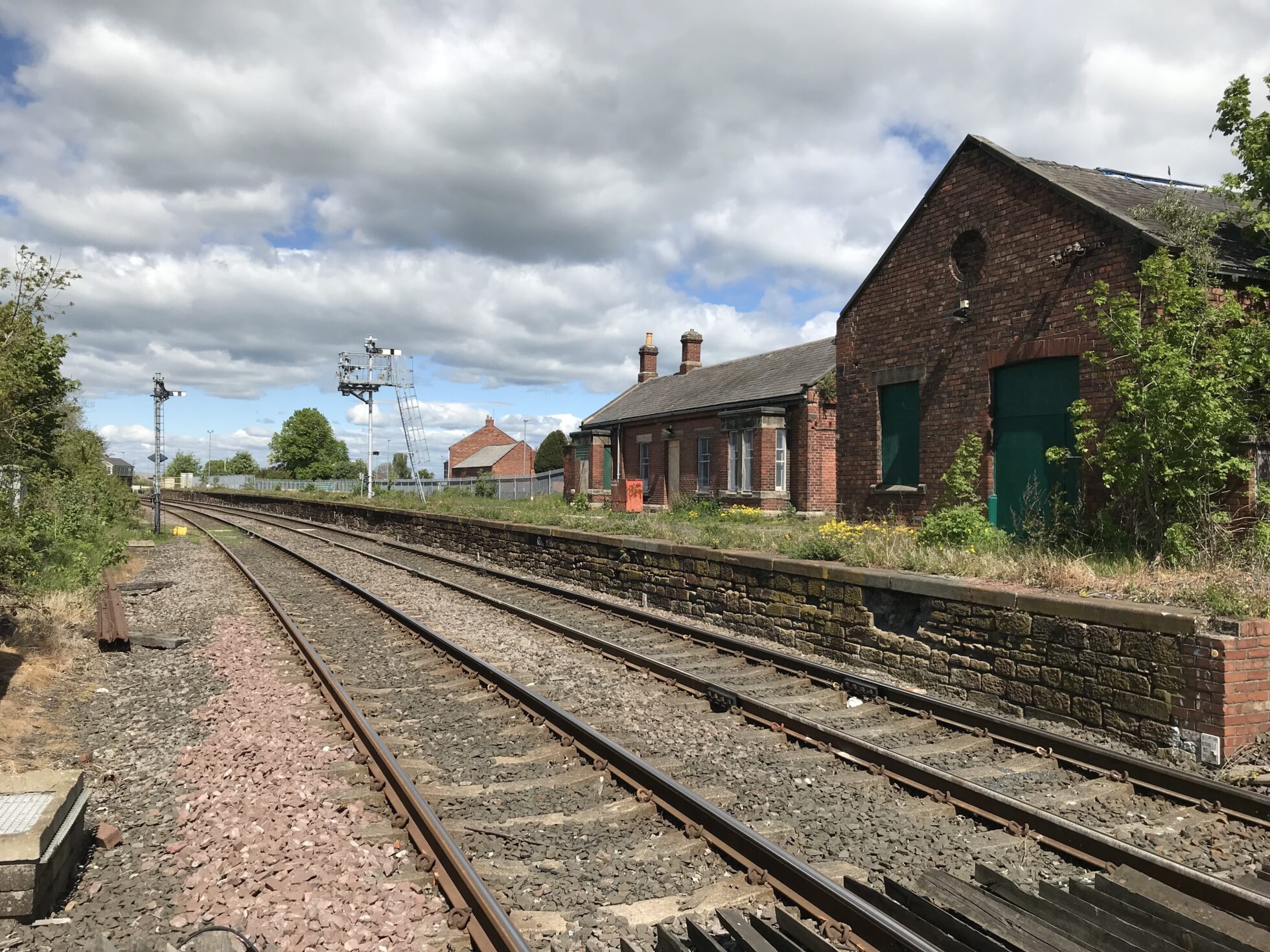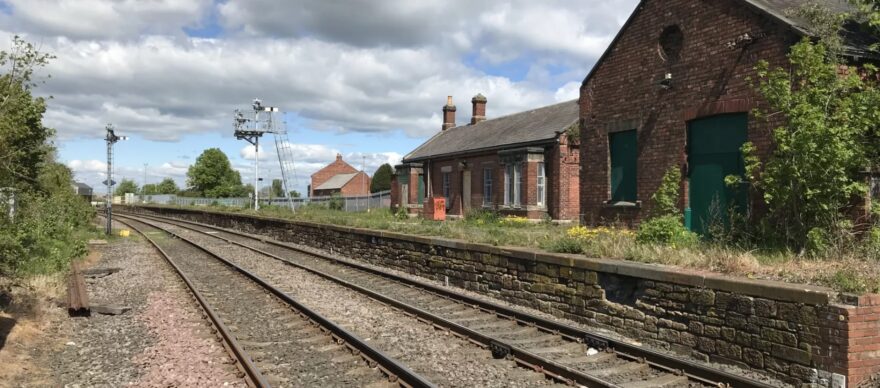Rail Minister welcomes start of ground investigations on Northumberland Line

Innovative delivery partnership gets preliminary construction of strategic rail line upgrade underway
Rail Minister Chris Heaton-Harris has welcomed the start of ground investigations by global infrastructure consultancy AECOM, one of Perfect Circle's shareholders and founding partners, on the Northumberland Line upgrade.
An innovative partnership between Northumberland County Council, AECOM, Network Rail and SLC Rail is developing the rail upgrade, which, as part of the Government’s Project Speed initiative to deliver infrastructure faster, is set to bring benefits in education, employment and housing to the North East by 2023.
The project will reintroduce a rail passenger service between Ashington and central Newcastle, upgrading 18 miles of track, opening six new stations, three new footbridges and new signal locations.
Alongside the ground investigations, detailed design work is ongoing through AECOM’s specialist engineering teams.
Rail Minister Chris Heaton-Harris said: “It is fantastic to see progress being made on restoring this vital connection, which will transform journeys up the Northumbrian coastline and help level up the economy of the North.
“Investment in schemes through our Restoring your Railway fund will reopen lost railway lines and stations, helping revitalise communities, kickstart business and new housing schemes, and open opportunities for work and education.”
AECOM’s Project Director for the ground investigations James Todd said: “The start of the ground investigations is another significant milestone for the project, representing the start of the major site activity as we gear up for construction.
"It is a huge step forward in realising the wide-ranging benefits that the upgrade will bring to the surrounding communities.”
Northumberland County Council Leader Glen Sanderson added: “I’m delighted we’ve reached the next stage of works on this hugely important project, which is set to boost the local economy by up to £470m over the coming years.”
AECOM, operating under Perfect Circle’s unique collaboration, is working as Principal Contractor for the integrated surveys including ground investigations, with Soil Engineering Geoservices as its partner to safely gather high quality data.
The works have been procured via Scape Group’s Built Environment Consultancy Services (BECS) framework.
Soil Engineering Geoservices Managing Director Tristan Llewellyn said: “As a welcome opportunity to contribute towards a major infrastructure project in the North, we will be ensuring that our staff and supply chain who have performed so consistently well throughout the challenges of 2020 bring their best to the scheme. Our partnership with AECOM will provide essential data for a project clearly identified as a government priority, and we’re extremely pleased to be on board.”
The investigation involves drilling, sampling and testing to determine the ground conditions below the scheme. Soil and rock properties, including strength and compressibility, will enable the AECOM engineers to design the upgrade of the railway, new stations, bridges and retaining structures. Deeper exploratory holes will investigate the presence of extensive historic subsurface mine workings.
The investigation will include more than 80 exploratory hole locations, from Northumberland Park in the south to Ashington in the north, at proposed stations, bridges and embankments. More than 2km of drilling and coring is planned with some boreholes extending 80m below ground level. As part of planning the investigation, the team has undertaken extensive environmental surveys to allow the works to proceed without disturbance of the surrounding natural environment.
The scheme is currently the biggest rail upgrade in the UK promoted by a local authority and the biggest capital project Northumberland County Council has ever delivered. The new and improved route will link key towns and communities in the South East Northumberland corridor and the wider Tyne and Wear region, expecting to deliver economic benefits between £360m to £470m and drive a modal shift from road to rail.

